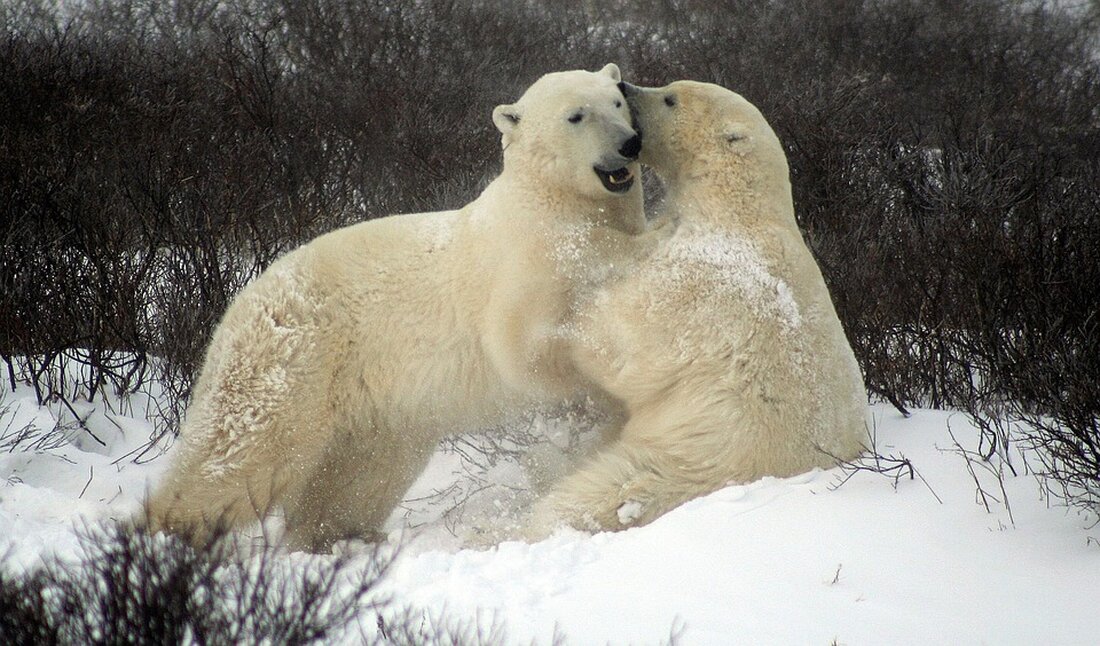Polar bears in danger: Last expedition of a passionate scout
Polar bears in Hudson Bay: A documentary about their survival in the face of global warming and threats of extinction.

Polar bears in danger: Last expedition of a passionate scout
A two-part documentary about polar bears in the north will be broadcast on May 28, 2025. The film tells the story of a year with these powerful predators, led by polar bear scout Dennis Compayre. Dennis, who has had a long love of polar bears, has been observing the bears of Canada's Hudson Bay for decades and may be planning his final expedition to follow a polar bear family for over a year. His goal is to investigate how animals adapt to the changes caused by global warming. This expedition comes amid alarming environmental studies that suggest Hudson Bay polar bears could face regional extinction in the 2030s if global temperatures continue to rise. This is reported by the website artenmortal.de.
A new study published in the journal Communications Earth & Environment analyzes the impact of a global temperature increase above two degrees Celsius on the HUDSON Bay polar bear population. Researchers from North American and international institutions warn that this increase could have dramatic consequences for the bears and their food source, ringed seals. Every July, retreating sea ice forces polar bears onto land, where they rely on their fat reserves to survive. Climate change has already led to a significant decrease in the number of ice-covered days in Hudson Bay, affecting the foundation of ringed seals that make their dens on the ice.
The threat of climate change
Hudson Bay, a seasonally ice-covered marginal sea of the Arctic Ocean, is home to large populations of polar bears (Ursus maritimus). But changing climate has already caused a decline in polar bear populations in the 1990s, especially in western Hudson Bay. Sustained moderate warming of 1.6 degrees Celsius could mean southern Hudson Bay polar bears may not be able to survive. With two degrees of warming, ice-free periods in the region are expected to last between 174 and 182 days. Most ecologists agree that polar bears would not survive a fasting period longer than 180 to 200 days, underscoring the need for global efforts to combat climate change.
To minimize the devastating effects of climate change, measures such as reducing emissions and minimizing the carbon footprint are urgently needed. The study's findings are important not only for polar bears, but also apply to other threatened ecosystems, such as coral reefs in Florida and Australia. Another example of the devastating consequences of climate change is the extinction of the Bramble Cay mosaic-tailed rat, whose habitat was lost due to rising sea levels.
Dennis Compayre's documentary on polar bears and the results of climate studies highlight the urgent need to raise awareness of climate change and work together globally to ensure the survival of these majestic animals and many other species. Information about the documentary and the ongoing threat to polar bears can be found at ARD media library and artenmortal.de.

 Suche
Suche
 Mein Konto
Mein Konto